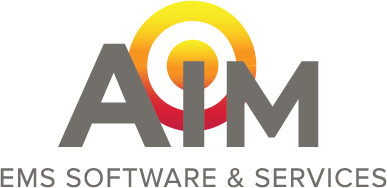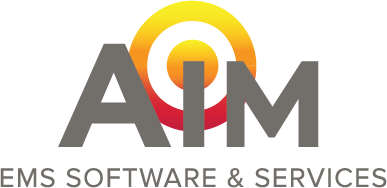Ignoring the OIG Exclusions list could result in lost revenue for your EMS Agency.
What is the OIG’s List of Excluded Individuals/Entities (LEIE)?
LEIE is a published list of individuals and health care entities that the Office of Inspector General has excluded from participating in Medicare, Medicaid, and all Federal health care programs.
Why it is important for EMS providers and EMS Billers to know who is on LEIE?
Severe penalties can be imposed for employing, contracting with, or billing for items or services ordered by a person excluded from participating in federal health care programs.
For example, let’s say your EMS agency hires a new EMT. At the time of hire you check LEIE and the individual is not on the list. A year goes by and along the way the EMT loses his license due to criminal activity. The individual is still driving your ambulance, and transporting and caring for patients. He is eventually identified by law enforcement and reported. Your agency is now under investigation for allowing an individual that is on LEIE to perform health care services. As part of the investigation, EMS reimbursements made for trips with this EMTs name on them are being considered for refunds, your EMS agency is facing steep penalties, and you’re fighting to keep your entity’s name off LEIE.
How to safeguard your EMS Agency from OIG Exclusion.
Check the List of Excluded Individuals and Entities (LEIE) before credentialing, hiring, or contracting with any individual or entity for items or services payable by government health care programs, and repeat the check on a regular basis thereafter.
If you get a positive match, the LEIE database allows for verification using a SSN or EIN. You should screen everyone that works or volunteers for your agency, even if that individual does not provide direct patient care or engage in billing (i.e.; Providers, Managers, Billers, Drivers, Vendors, Dispatchers, Owners, Chiefs, Doctors who sign PCS’s, etc.).
Important steps to take include:
1. Screening all prospective and current individuals that have anything to do with healthcare services and work with you through employment or on a contract basis. When checking LEIE, beware of name changes. To the extent possible, cross check the LEIE with social security numbers, birthdates, or other data.
2. Include questions in your employment applications and third party contracts that require the applicant, provider, employee, or contractor to confirm that they are not excluded. Require that they notify you immediately if they are excluded from federal programs. 3. Ensure your relevant agreements, contracts, bylaws, and policies condition any relationship on the party’s ability to participate in federal programs. Consider requiring the applicant, provider, employee or contractor to defend, indemnify, and hold you harmless from any costs or damages incurred due to program exclusion.
Example Contractual Provisions for a Facility contracting with an EMS Agency: Facility will perform regular screening of its personnel (including employees and independent contracts) to ensure that no personnel are excluded from participation in federal healthcare programs. Facility will screen all personnel prior to initial employment or contracting, and every 30 days thereafter. Facility may perform screening internally or utilize a third party agency to perform these services. Facility will ensure that no PCS form it provides to Ambulance Service for non-emergency ambulance transport services will be signed by any excluded individuals, and Facility agrees to indemnify, defend and hold harmless Ambulance Service for any liability arising from a violation of this obligation.
4. If you discover that you have an excluded individual working for you, or a health care entity contracted with you, you should carefully consider your options. Per the ACA, entities generally have an obligation to report and repay overpayments within 60 days. 5. Ensure that anyone who is able to sign Patient Certification Statements (PCSs)/Medical Necessity forms is not on the exclusion list.
What risk is there if my EMS Service doesn’t implement a process to monitor OIG Exclusions?
No Federal health care payment will be made for items or services furnished by an excluded person; or at the direction or on the prescription or order (PCS/PMNC) of an excluded person. The OIG is actively pursuing claims against providers and other entities that violate the exclusion laws. In addition to the loss of payment or potential refunds, civil monetary penalties can be imposed for up to three times the amount claimed for services. Plus, the offender may themselves be added to the exclusion list.
Conclusion
The chances may be relatively small that you will deal with an excluded individual; however, the government’s recent fraud and abuse initiatives make it increasingly likely. Given the severe consequences that may follow, it is better to be safe than sorry. Check the LEIE regularly, and respond promptly to any potential issue. For more information, see the OIG’s Exclusion Program website.





